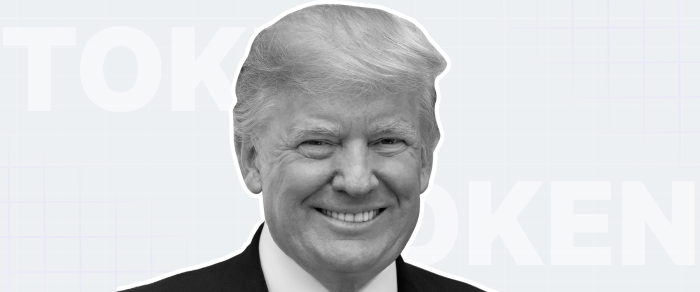Coinbase News: Crypto Regulatory Battle and Coinbase Sues SEC.
Global requests for Coinbase new crypto laws from the Securities and Exchange Commission last year were met with silence. Now, it is seeking a court order to compel a response from the SEC.
On Monday, the digital asset trading platform said it had submitted a petition to an appeals court in the United States for a “writ of mandamus” to be issued to the Securities and Exchange Commission (SEC). If granted, the petition would require the SEC to react to the firm’s request for official rule-making on digital assets from the previous year.
Coinbase (COIN) said it did not anticipate the court instructing the SEC on how to react and merely expected a yes-or-no ruling on its petition submitted in July. Based on Coinbase news, Executives at Coinbase have said that an answer of “no” would allow the company to contest the decision made by the SEC in a court of law.
The SEC did not want to comment on the matter.
The court filing is the latest volley in a legal dispute that has been developing for some time and is becoming more critical not just to the profitability of Coinbase itself but also to the future of the business in the United States.
The SEC is now keeping a close eye on Coinbase. The trading platform announced one month ago that the SEC had sent it with what is known as a “Wells Notice.” This official warning gives the company one last opportunity to prove why it should not be punished for violating securities law.
Coinbase believed the prospective enforcement action might be related to several significant parts of its business, including the company’s wallet, spot trading, and staking services.
Coinbase officials have claimed for more than a year that the SEC has to engage in rule-making to explain how current securities regulations apply to tokens. They have expressed growing irritation with SEC Chair Gary Gensler and believe rule-making is necessary. For his part, Gensler has said that the current regulations are crystal clear and that exchanges such as Coinbase must comply or risk being subject to legal action.
Gensler has gained pace as a result of the failure of competitor exchange FTX, which occurred a year ago, as well as the failure of numerous other cryptocurrency companies, such as Celsius Network and BlockFi.
In July last year, there was Coinbase news about its first submission to request for the SEC to establish new regulations. The company asked for clarification on various concerns, including assessing whether a certain token is a security, how tokens and issuers may register with the SEC, and other similar questions.
Additionally, it contended that many regulations about securities markets should not apply to digital assets.
During the last several months, the agency has made public statements announcing proceedings to be taken against several other enterprises, including Coinbase rivals Kraken and Gemini Trust Co.
The stakes are becoming higher in the conflict between Coinbase and the SEC. The firm only just obtained the necessary license to launch a derivatives exchange in Bermuda, and CEO Brian Armstrong has brought up the prospect of transferring the company outside of the United States if it needs more regulatory clarity in this country.
But even if the company moved part of its activities abroad, it is very unlikely that the company would be able to sidestep the regulatory reach of the United States.



